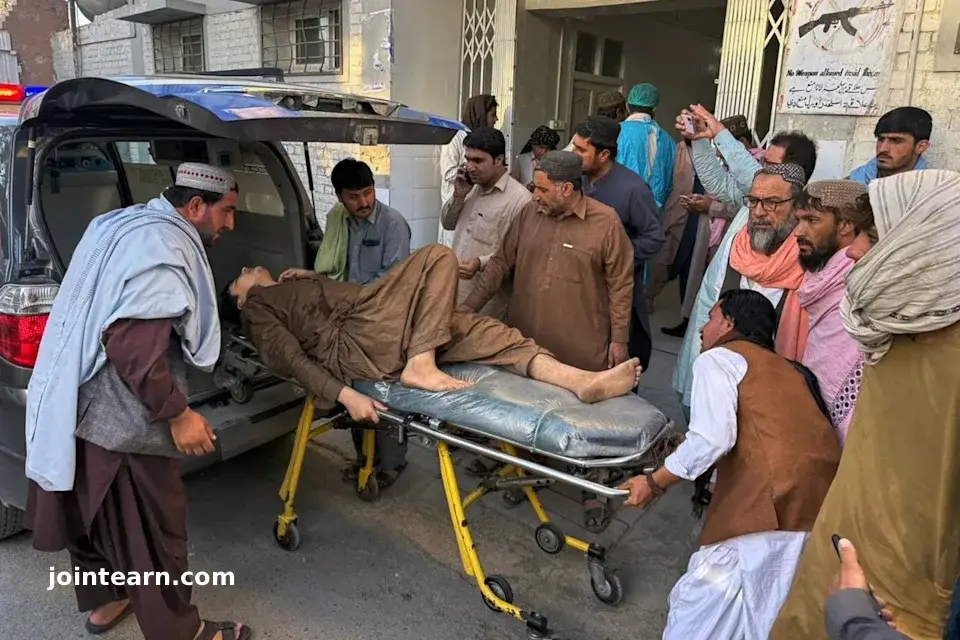
The United Nations has called on Pakistan and Afghanistan to bring a “lasting end to hostilities” along their shared border to protect civilians, following days of deadly clashes that have killed dozens and injured hundreds.
The recent fighting marks the deadliest confrontation between the neighboring countries since 2021, when the Taliban seized power in Afghanistan after the collapse of the Western-backed government.
Escalation of Cross-Border Violence
The cross-border conflict intensified starting October 10, 2025, with both sides accusing the other of armed provocations. Pakistan and Afghan forces engaged in multiple skirmishes along key border regions, particularly in Spin Boldak and the surrounding provinces.
According to the U.N. Assistance Mission in Afghanistan (UNAMA), at least 17 civilians were killed and 346 injured on the Afghan side during clashes on Wednesday alone. Earlier confrontations in other Afghan provinces resulted in at least 16 additional civilian casualties. Pakistani authorities have yet to release figures for civilian casualties on their side of the border.
Ceasefire Agreement and Regional Concerns
After appeals from major regional powers, Pakistan and Afghanistan agreed to a ceasefire on Wednesday, halting overnight fighting. Key border crossings, including the Torkham crossing in Nangarhar province, remained closed on Thursday as both sides assess damage and casualties.
The U.N. mission welcomed the ceasefire but emphasized that civilians remain at risk, urging both countries to prevent further loss of life and work toward a durable peace.
“UNAMA calls on all parties to bring a lasting end to hostilities to protect civilians and prevent further loss of life,” the statement said.
Underlying Tensions
The two countries share a 2,611-kilometer (1,622-mile) border, known as the Durand Line, which Afghanistan has never formally recognized. Tensions along this border have been ongoing, with Pakistan accusing Afghanistan of harboring militants — a claim denied by the Taliban.
Since 2021, Pakistan has faced an uptick in cross-border attacks, further complicating relations with Kabul. Analysts warn that ongoing violence could destabilize the region, potentially allowing extremist groups such as Islamic State (IS) and al-Qaida to exploit the security vacuum.
Humanitarian Impact
The clashes have caused significant humanitarian disruption. Local hospitals in border towns such as Chaman, Pakistan, have treated civilians injured in the fighting. Supply lines have also been affected, with cargo trucks stranded on the Afghan side of closed crossings, delaying trade and aid delivery.
The U.N. emphasizes that protecting civilian lives and access to humanitarian aid should be prioritized as part of any ceasefire or peace process.


Leave a Reply